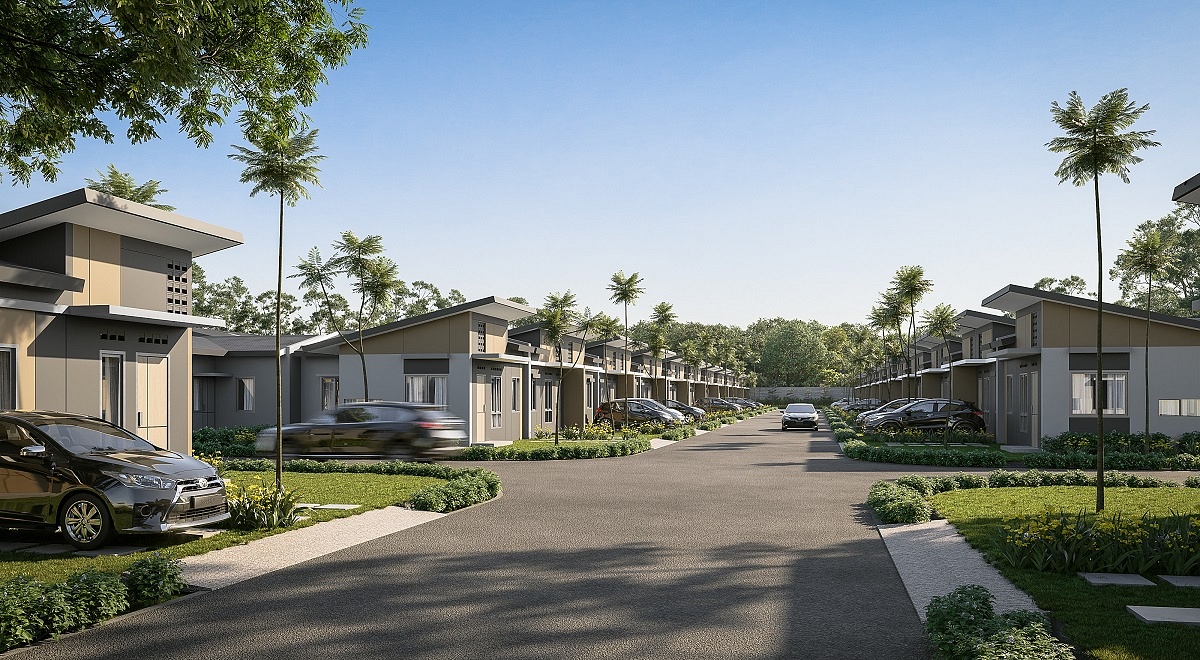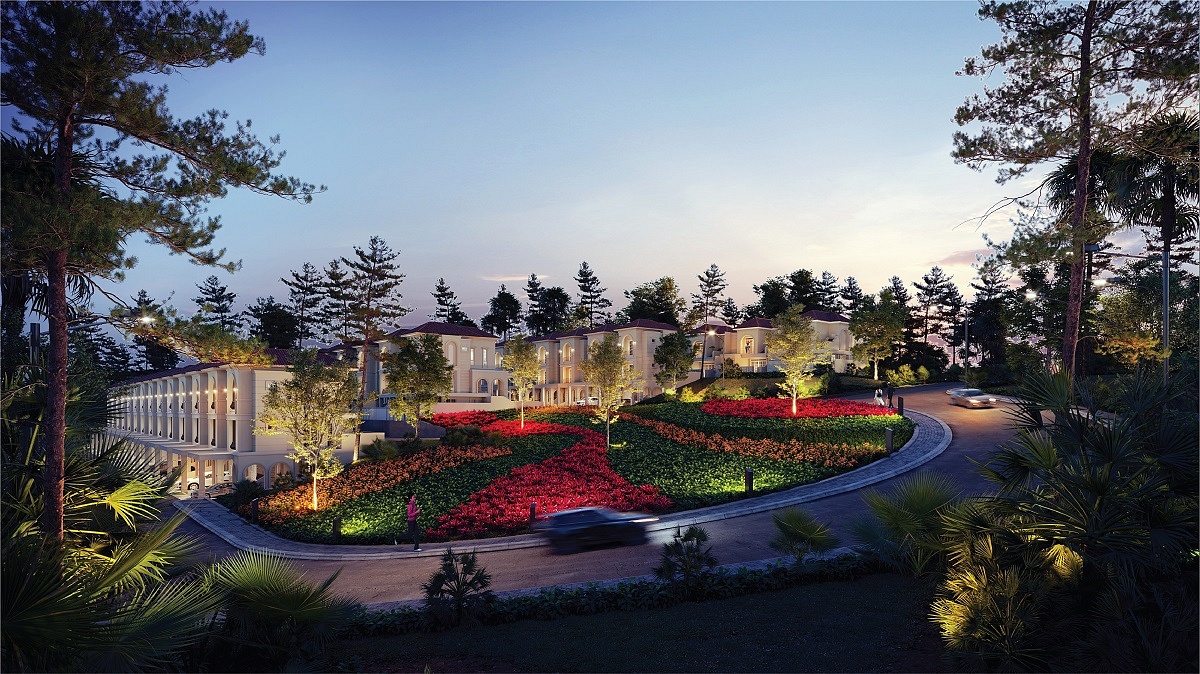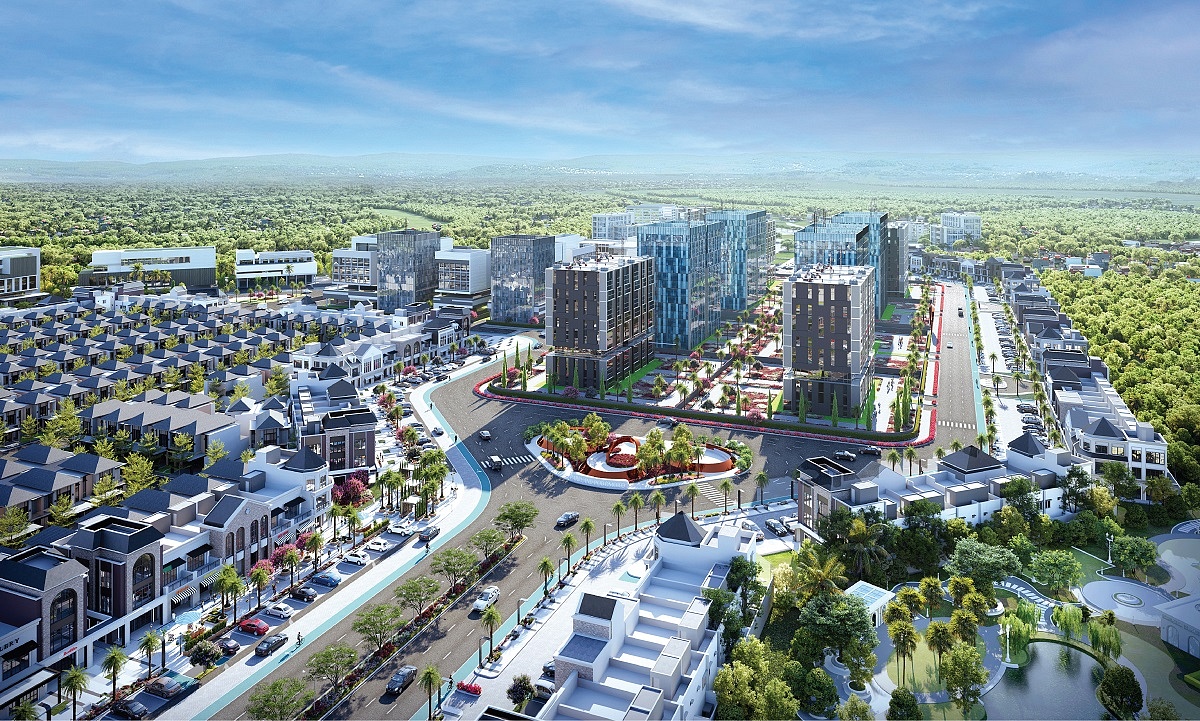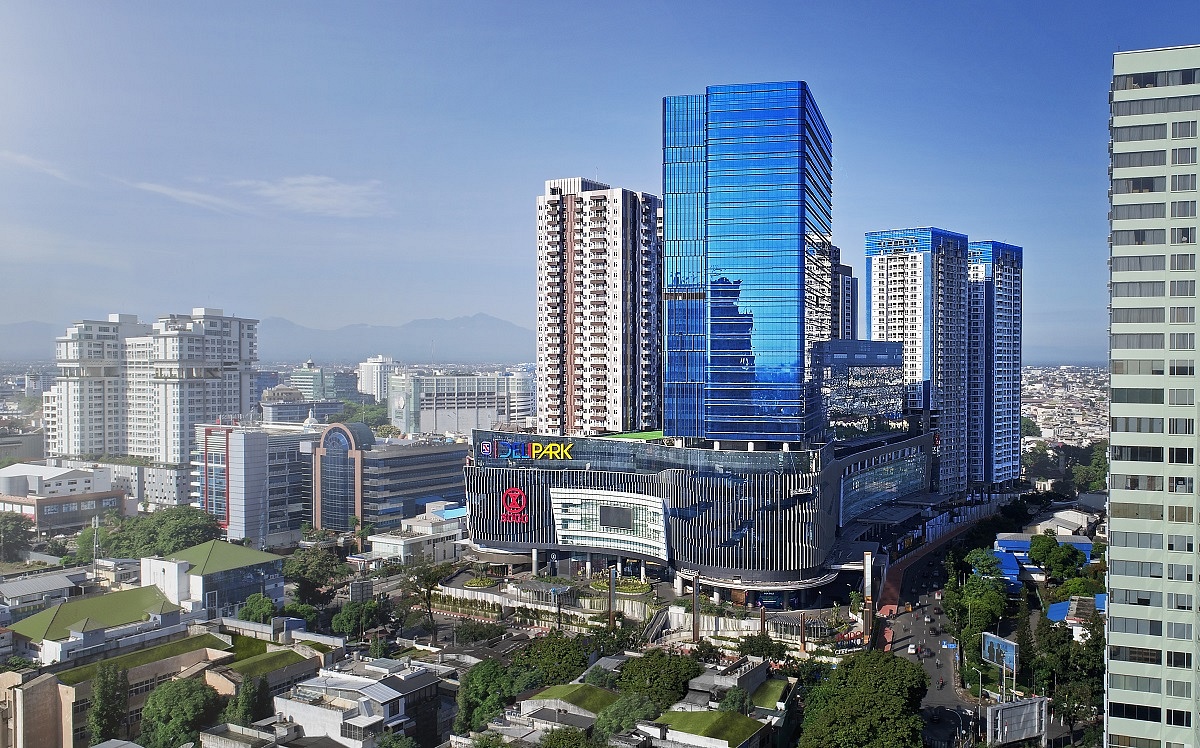In the heart of Indonesia's bustling cities and emerging suburbs, a quiet transformation is unfolding. PT Agung Podomoro Land Tbk (APLN), one of the country's leading property developers, is refocusing its efforts to cater to a rapidly growing middle class that is reshaping the nation's real estate landscape.
Indonesia's economic growth since independence has given rise to a robust middle class, now 52 million strong and representing one in every five citizens, according to World Bank data. This group's economic muscle is flexing, with consumption growing at 12 per cent annually since 2002 and now accounting for nearly half of all household spending in the country.
Recognising this trend, APLN is adapting its strategy to meet the evolving needs of this dynamic market segment. The company, known for its large-scale "superblock" mixed-use urban developments – which combine residential, commercial and recreational spaces within a single integrated complex – is now placing increased emphasis on housing projects tailored to the middle class.
“Today's Indonesian homebuyers are looking for more than just four walls and a roof,” says Mr Bacelius Ruru, President Director of APLN. “They want homes that complement their lifestyles. At Agung Podomoro, we're meeting this demand by creating residences with comprehensive amenities and infrastructure. Our goal is to deliver not just houses but modern, elegant living spaces that truly satisfy our customers and add value to their lives.”
Building suburban dreams
APLN is addressing this need by offering a diverse portfolio of properties that reflects the preferences and requirements of Indonesia's middle class, ranging from affordable first homes to luxury retreats, from Java to Sumatra to Kalimantan.
Recent launches such as The Millennial Homes and Edelweiss Garden House in Kota Podomoro Tenjo, approximately two hours by car from Jakarta, are designed to meet the high demand for affordable housing. Since its 2020 launch, Kota Podomoro Tenjo has sold 5,800 housing units, targeting 6,600 by year's end.

While focusing on affordable housing, APLN has not lost sight of the more affluent segments of the rising middle class. The Bukit Podomoro development in East Jakarta offers a luxury urban retreat with smart home technologies and premium facilities, appealing to those with higher spending power.
In Sumatra, Podomoro City Deli Medan brings the luxury superblock concept to a 5.2-ha development with premium apartments, condominium and an office tower as well as a shopping mall and a five-star hotel, the first such development in the area.
A good eye for capturing property market opportunities
While expanding its presence across Indonesia’s cities, APLN recognised the great potential of East Kalimantan, particularly in Balikpapan and Samarinda, even before the Indonesian government’s development of Nusantara Capital City.
The Borneo Bay City development in Balikpapan, the closest city to Nusantara, offers premium waterfront apartments. Meanwhile, the Premiere Hills project in Samarinda, located two hours away by car from Balikpapan, stands as a new icon with its super-premium area featuring a Green Living concept inspired by South European Mediterranean style.

These projects highlight APLN's foresight in recognising East Kalimantan's potential and its commitment to seizing property market opportunities. By investing in these gateway cities, Agung Podomoro is positioning itself at the forefront of real estate development in the new capital region. Environmental consciousness is another key theme in APLN's new developments. The company's latest project, Parkland Podomoro Karawang in East Jakarta, dedicates nearly half of its 130ha area – which is equivalent to 182 football fields – to green spaces, including a 1ha Botanical Garden. This approach resonates with the growing desire for sustainable, balanced lifestyles among Indonesia's middle class.

Strengthening its financial position
While expanding its residential footprint, APLN has also focused on strengthening its financial position. Within a decade, the Jakarta-based developer has completed more than 50 property projects.
To reduce its financial costs, APLN in 2023 implemented a strategic debt management plan. The company repurchased part of the US$300 million (S$408 million) seven-year senior notes issued in 2017 by its Singapore subsidiary, APL Realty Holdings Pte Ltd. The final step came on June 2, 2024, when APLN fully repaid and settled the remaining US$132 million using a rupiah-denominated loan from PT Bank Danamon Indonesia. This move allowed APLN to convert its US dollar debt into Indonesian rupiah, shielding the company from hedging costs, such as currency conversion costs and risks associated with foreign exchange fluctuations.

In addition to restructuring its debt, APLN continues to optimise its property portfolio, as evidenced by the recent sale of its Neo Soho Jakarta Mall for 1.44 trillion rupiah (US$88 million) to a subsidiary of Japan's Hankyu Hanshin Properties Corp. This divestment aligns with APLN's strategy to focus on its core strengths while maintaining a diverse revenue stream.
Despite its shift towards residential projects, APLN continues to invest in the commercial real estate sector to maintain a steady, ongoing income stream. As part of its commercial portfolio, the company owns and manages several premium hotels such as Pullman Vimala Hills Ciawi in West Java, Pullman Grand Central Bandung and Indigo Seminyak Bali as well as malls in Jakarta and other major Indonesian cities.
As Indonesia's urban landscape continues to evolve, driven by the aspirations and purchasing power of its expanding middle class, APLN continues to play a significant role in shaping the country's real estate sector. The company's ability to balance large-scale developments with new, targeted residential projects positions it well to navigate Indonesia's dynamic and competitive property market.


